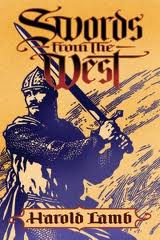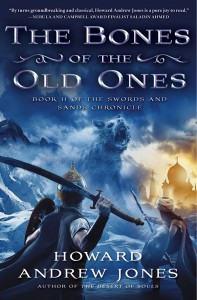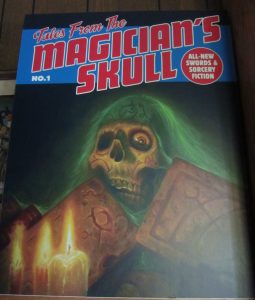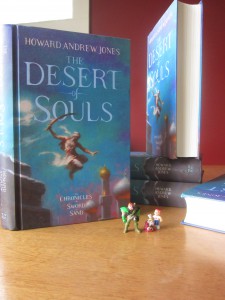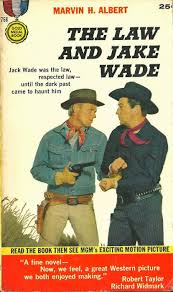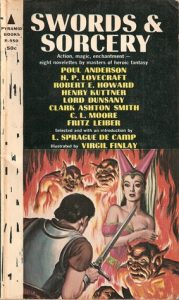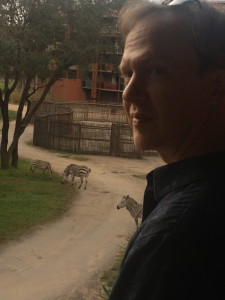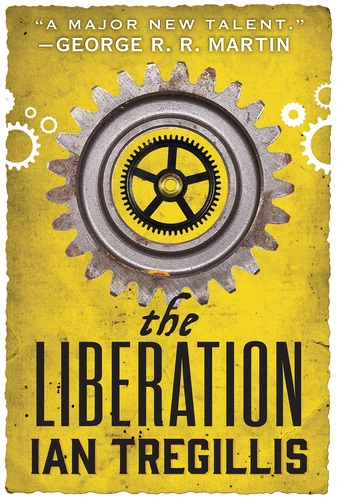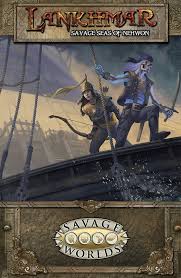Updates
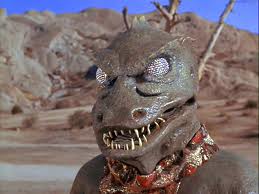 You may have noticed from the increased activity that I’m rethinking how I use my web site. I’ve got some more novel writing posts ready to go, and that will be a regular feature on Mondays for the next several weeks. I’ve also started exchanging notes with Tales From the Magician’s Skull contributors for the opening salvo in a new Friday feature I’m tentatively calling “Creatives Corner.” The plan is to post interviews or occasional guest posts on many Fridays, and I’m starting with some of the people who’ve worked with the mighty Skull.
You may have noticed from the increased activity that I’m rethinking how I use my web site. I’ve got some more novel writing posts ready to go, and that will be a regular feature on Mondays for the next several weeks. I’ve also started exchanging notes with Tales From the Magician’s Skull contributors for the opening salvo in a new Friday feature I’m tentatively calling “Creatives Corner.” The plan is to post interviews or occasional guest posts on many Fridays, and I’m starting with some of the people who’ve worked with the mighty Skull.
The object is to point visitors to neat sites, good writers, editors, and fans. If you have ideas about questions you’d like me to ask, guests you’d like me to invite, or even subjects you’d like to cover, please let me know.
Likewise, if you have questions about writing or publishing, keep them coming. I’m still working on answers to a few that were asked last time I mentioned this, and I’m eager for more ideas.
I hope to hear from you. So does The Gorn.
